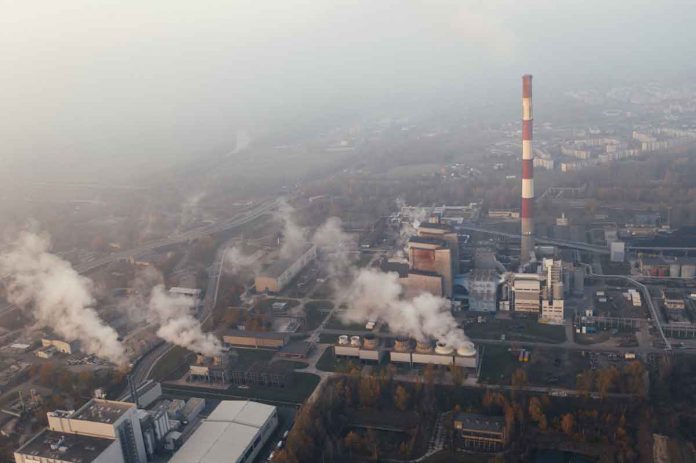People in the UK who live in more polluted areas are at a higher risk of poor mental wellbeing. This is according to new research led by the University of St Andrews.
The study examined four types of air pollutants like nitrogen dioxide, sulfur dioxide and two types of particulate matter. These have diameters of less than 10 and 2.5µm. These are linked with individual-level health data.
It has a connection between air pollution and people reporting low mental wellbeing affects like feeling unhappy, being under stress and not being able to concentrate.
It has a potential link between increasing concentration of sulfur dioxide and particulate matter and elevated scores of poor mental wellbeing for people from a Pakistani/Bangladeshi origin in comparison with British-White people.
Nitrogen dioxide is mainly produced from traffic exhaust around busy roads. Sulfur dioxide is mainly an industrial type of pollutant. Nitrogen dioxide and sulfur dioxide are gaseous types of pollutants. Particulate matter is related to both traffic exhaust and industrial processes and it is made up of microscopic solid or liquid matter suspended in the atmosphere.
The study used data from the Understanding Society: The UK household Longitudinal Study which measured wellbeing using the General Health Questionnaire (GHQ12) scale. It is a widely used scale in population health research to capture non-psychotic psychiatric illness.
The GHQ12 scale is composed of 12 questions about an individual’s experience of 12 symptoms. These are related to mental wellbeing in the few weeks preceding the data collection date.
Individuals are then asked to rate the questions and a general mental wellbeing score is formulated.
The study was published in PLOS ONE.

